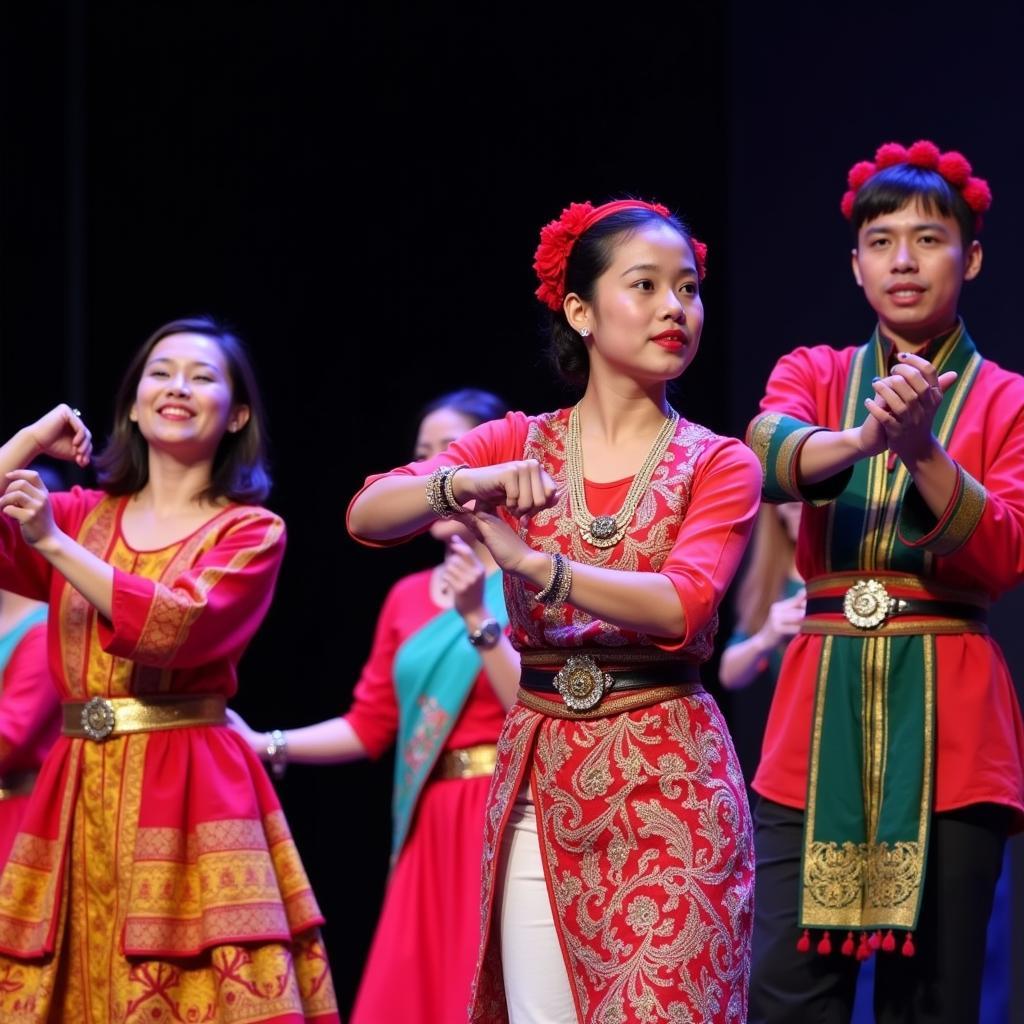The relationship between ASEAN and Pakistan, characterized by burgeoning economic ties and strategic collaborations, has become increasingly significant in the contemporary geopolitical landscape. This article delves into the multifaceted dimensions of this partnership, exploring its evolution, key areas of cooperation, and future prospects.
Historical Context of ASEAN-Pakistan Relations
Pakistan’s engagement with ASEAN dates back to the 1970s, marked by its sectoral dialogue partnership status in 1993 and elevation to full dialogue partner in 1997. The relationship has since witnessed significant progress, culminating in Pakistan’s accession to the Treaty of Amity and Cooperation in Southeast Asia (TAC) in 2004, signifying its commitment to peaceful coexistence and regional stability.
Economic Cooperation: A Cornerstone of ASEAN-Pakistan Relations
Trade and investment form the bedrock of the ASEAN-Pakistan partnership. The ASEAN-Pakistan Trade and Investment Framework Arrangement, signed in 2005, has paved the way for enhanced economic cooperation. Key sectors witnessing substantial growth include textiles, pharmaceuticals, agriculture, and information technology.
“Pakistan’s strategic location, coupled with its young and vibrant workforce, presents lucrative opportunities for ASEAN businesses seeking to expand their footprint in South Asia,” observes Dr. Farzana Shaikh, an expert on Southeast Asian economics. “Similarly, ASEAN’s thriving market and investment-friendly policies hold immense potential for Pakistani businesses.”
Beyond Trade: Expanding Horizons of Cooperation
While economic ties remain paramount, ASEAN-Pakistan cooperation extends to diverse sectors, including:
- Security Cooperation: Both entities collaborate in combating transnational threats such as terrorism, extremism, and drug trafficking.
- Cultural Exchanges: Programs promoting people-to-people contact, educational partnerships, and cultural festivals foster greater understanding and appreciation between the two regions.
- Science and Technology: Collaborative initiatives in research and development, particularly in fields like biotechnology and renewable energy, are gaining momentum.
 ASEAN-Pakistan Cultural Exchange Program
ASEAN-Pakistan Cultural Exchange Program
Navigating Challenges, Shaping the Future
Despite the positive trajectory, certain challenges remain. These include addressing the trade imbalance favoring ASEAN, streamlining visa procedures to facilitate business travel, and enhancing connectivity through improved air and sea links.
Looking ahead, the ASEAN-Pakistan partnership holds immense potential. By capitalizing on shared interests, leveraging complementarities, and addressing existing challenges, both sides can elevate their relationship to a strategic partnership, fostering peace, stability, and shared prosperity in the wider Asia-Pacific region.

